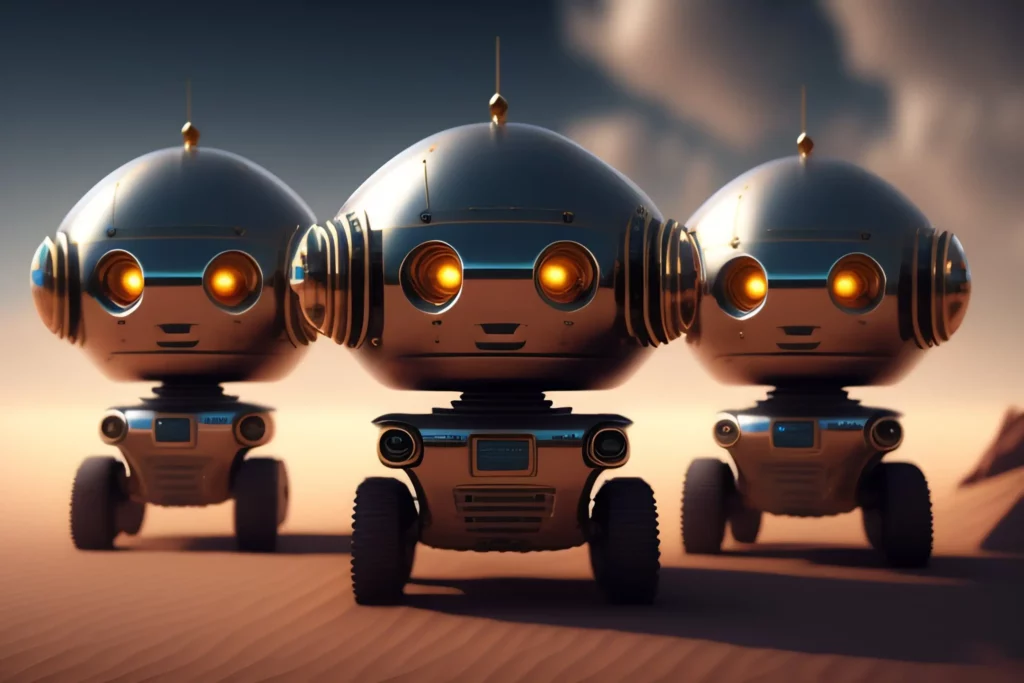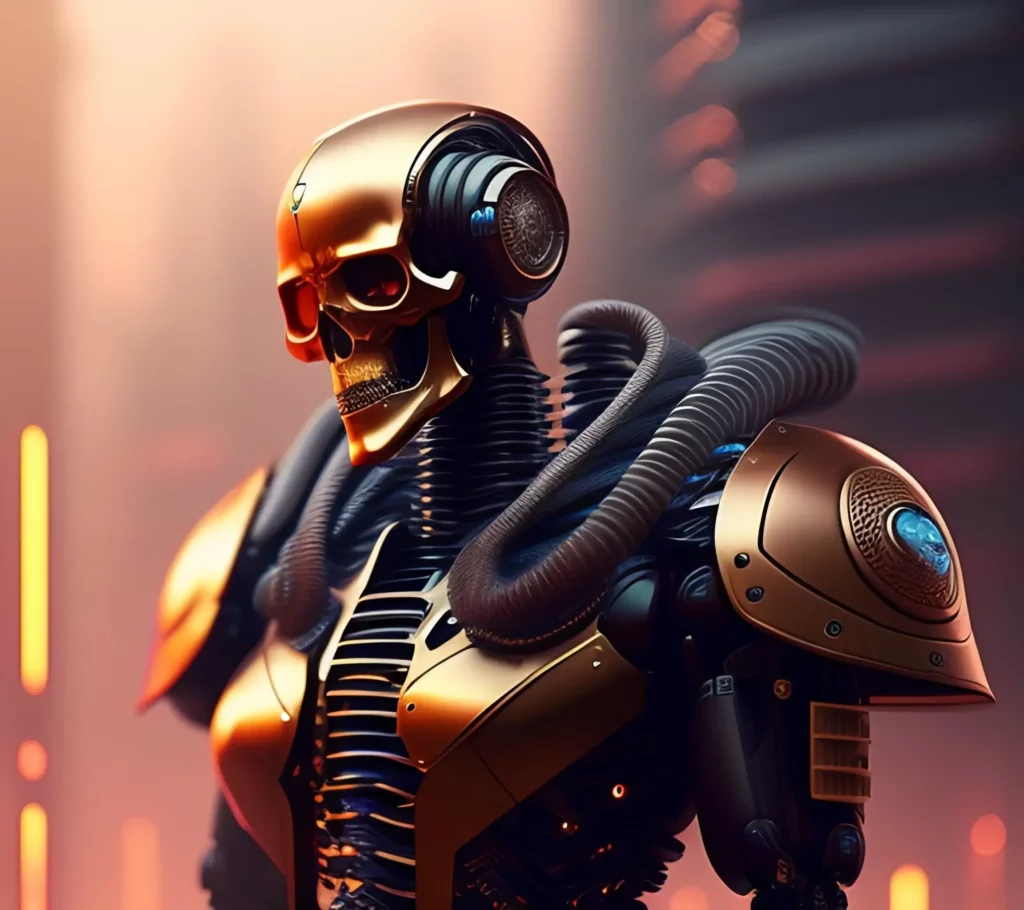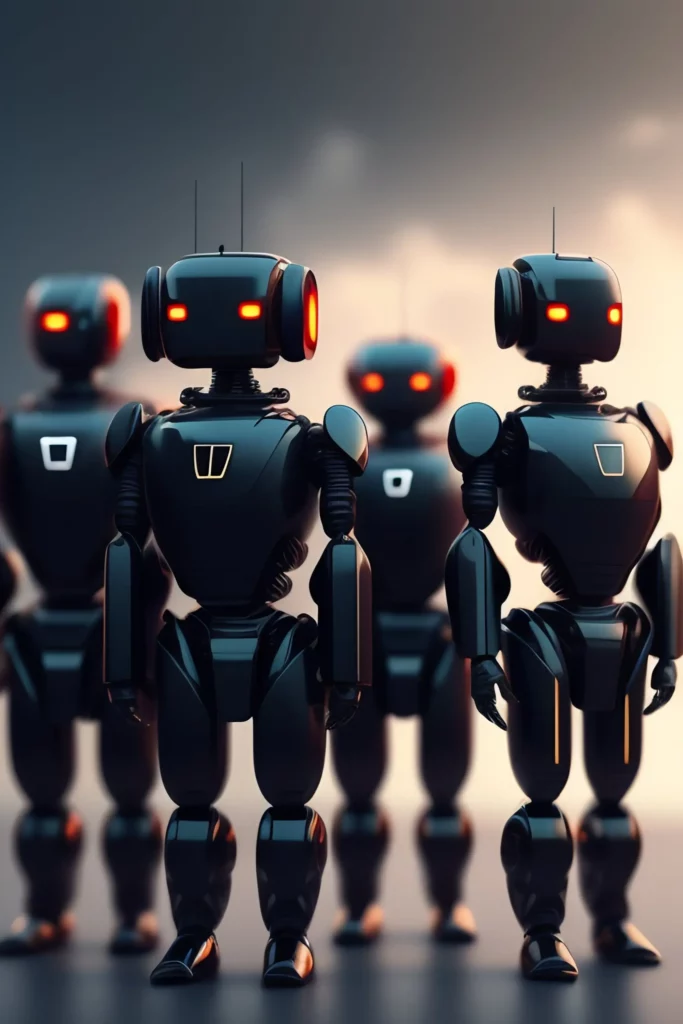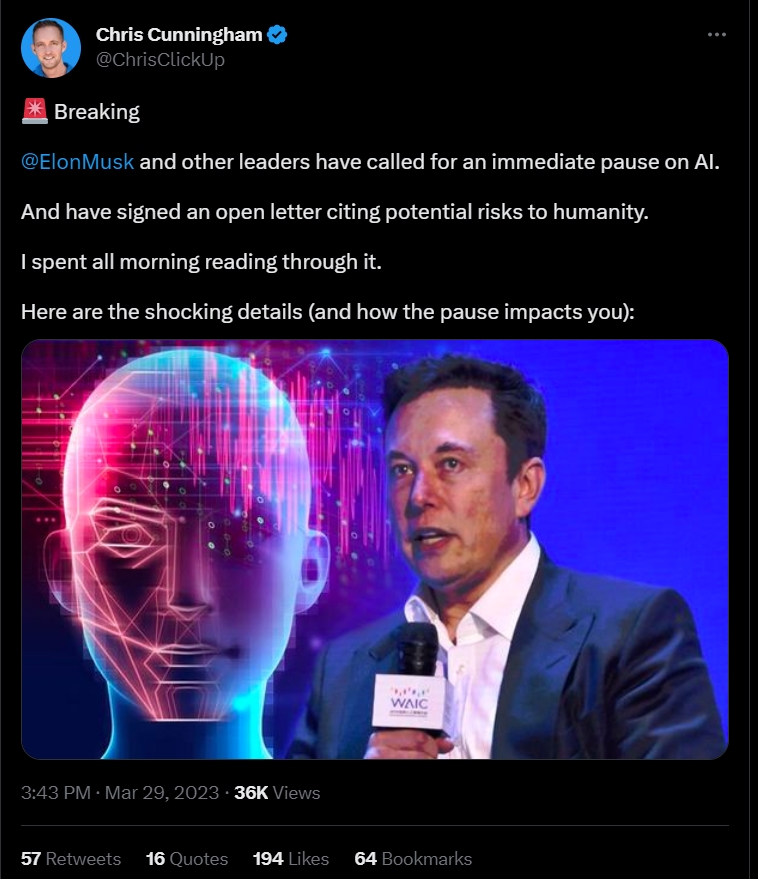We ask the all important question that’s buzzing around AI. What’s the Difference between AI and AGI.

With the current boom in the AI industry we are already hearing feint whispers of AGI. AGI refers to Artificial General Intelligence. So what are the differences between AI and AGI you may be thinking. Well let’s delve into this ever burning question, “what is AGI, and how different is it to AI”.
What is Artificial Intelligence
Artificial Intelligence (AI) basically means to the ability for machines to perform certain tasks that would normally require human interaction. Key examples of AI in use are problem solving and decision making. You may have seen examples of AI in the form of Chatbots and AI generated images/video that are currently littered over social media platforms.
AI systems basically use algorithms and data in order to recognize patterns, make predictions, and automate tasks. The aim of using AI in our day to day lives is to improve capacity and precision across a broad range of job industries. It’s supposed to compliment human life.
AI covers a large range of different types of industries and technologies. These include machine learning, language processing through the use of chatbots, robotics, and even computer generated images/videos.
There is no question as to weather or not AI has the potential to benefit many work spaces and even improve our day to day lives. But there is a question weather or not its ethical implications and potential impact on jobs and society can cause a negative effect.
What is Artificial General Intelligence (AGI)
Artificial General Intelligence (AGI) is more of a hypothetical form of artificial intelligence. If AGI was truly achieved it would basically be at the same intelligence as a human would be over a broad range of tasks. Some apps like ChatGPT might show forms of intelligence but it is not free thinking.
Unlike current AI systems that are designed to perform specific tasks, AGI would be capable of learning and understanding multiple tasks and contexts, just like a human can.
The general understanding and idea of AGI is that if it works correctly it would be able to think theoretically. By using this was of thinking it should be able to solve much more complex issues and problems while being able to to apply it’s own cognitive knowledge (not memory) to any given situation.
Basically free thinking on subject that they are not too familiar with. Let’s face it Humans seem to have an opinion on everything even if they have no knowledge about the subject at hand.
Development of AGI is understood to be a huge leap forwards in the whole AI industry. If done correctly it will be one step closer to creating a machine that can copy human intelligence. Of course this would have serious implications for our society as whole.

Let’s Break it Down into a Table to Compare AGI VS AI
| Criteria | AGI | AI |
|---|---|---|
| Definition | Can perform tasks and think like a human | Computer systems that can perform specific tasks autonomously |
| Scope of Intelligence | Can exhibit intelligence at the same level as a human being across a broad range of domains | Limited to specific tasks or domains |
| Flexibility | Can adapt to new situations and learn from them | Typically requires new programming or retraining to adapt to new situations |
| Reasoning Capabilities | Capable of reasoning and making decisions based on complex information | Limited to following pre-programmed rules or algorithms |
| Self-Awareness | Has an understanding of its own existence and surroundings | Lacks self-awareness and understanding of its own existence |
| Potential Impacts | Could have significant implications for society and the economy | Limited impacts on society and the economy |
We can’t stress this enough AGI is a hypothetical concept. Due to AI rapidly evolving it may exhibit some aspects of AGI in the future. Weather or not this is true AGI will be a hot topic of debate between experts in the field.

There are Many Benefits of Using AGI But what about the Risks?
With all good things there comes a dark side to them, the current race to generating real Artificial General Intelligence has started to cause a stir in the AI community. It does poses several potential downsides and challenges we have written a short list below:
Unpredictability
AGI systems would be capable of learning and adapting on their own, which makes it difficult to predict how they will behave in certain situations. This unpredictability could make it challenging to ensure their safe and ethical use.
Loss of jobs
AGI could lead to automation of a wide range of jobs, potentially resulting in significant job loss across many sectors of the economy. This could exacerbate income inequality and lead to social and economic disruption.
Security risks
AGI systems could be vulnerable to attacks and hacking attempts, which could have significant consequences if they are used to control critical infrastructure or military systems.
Ethics and morality
AGI could raise significant ethical and moral questions about the rights of intelligent machines, the potential for abuse, and the consequences of their actions.
Cost and access
Developing AGI is a complex and expensive process that may be accessible only to a few governments or large corporations. In short this could lead to a form of centralised power and recourses that are only available to a few individuals. This would limit the benefits for smaller more local communities outside of this scope.
Control and governance
The development of AGI could lead to new challenges in terms of control and governance. Even now in it’s early days it has been quite difficult to create a basic regulation around the creation of these types of systems. Governments seem to be quite behind on the idea around this technology so are slow to pass laws on this matter.
This list of issues that could arise if AGI is properly implemented are one of the main reasons why we need to follow careful considerations when developing and using AGI.
So what do we thinking moving forward?
Well it all sounds good and well having robots do all the jobs that us humans don’t want to do. But in reality do we really want them to decide everything for us? We already have brushed across the dark side of AI in another article, so we are already a little concerned what direction AGI might take us.
Personally I think it’s best for AI to compliment our lives no rule it. So we do need some kind of bar that we should not cross. But at the rate this technology is growing me might be passing this bar in the next 12 months. We only belive that AGI can be simulated and not achived in the current state AI is created and ran. But who knows, technology is ever growing and ever changing, we might be able to create human robotic brains in the near future so never say never.



























